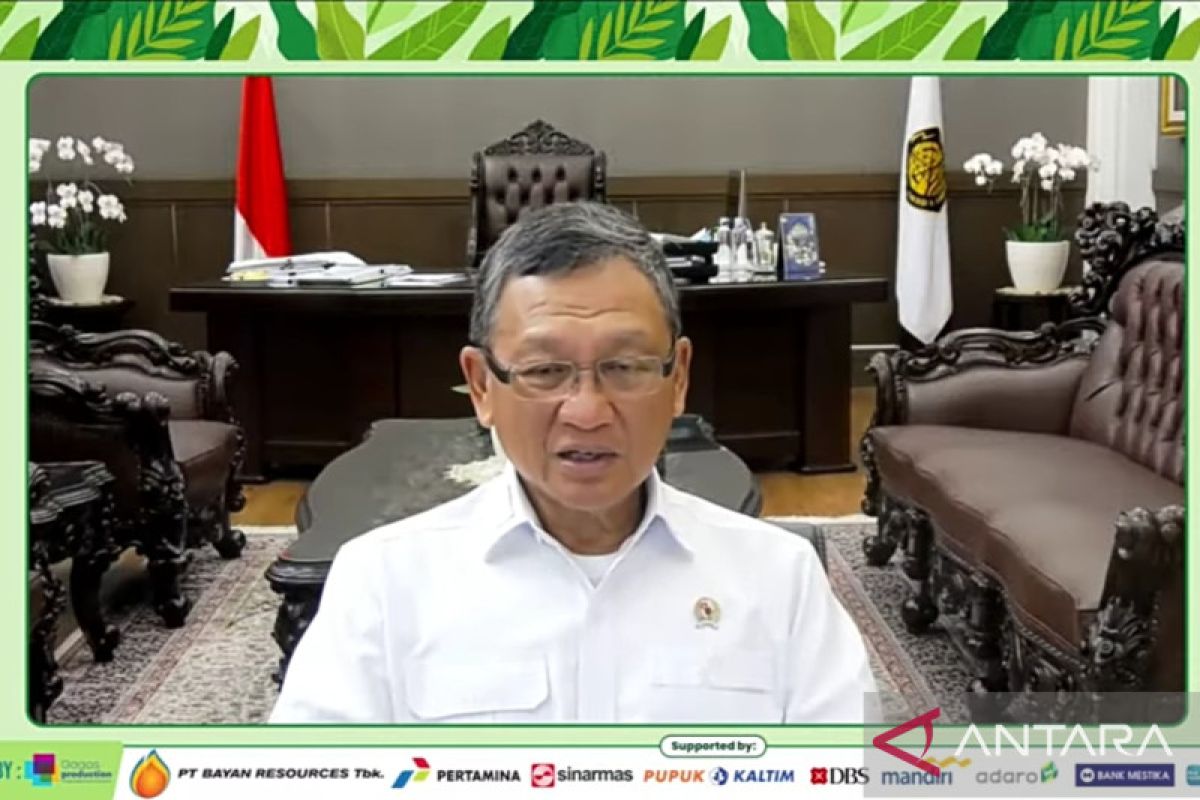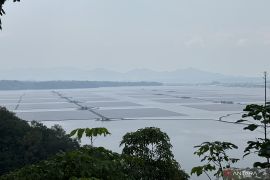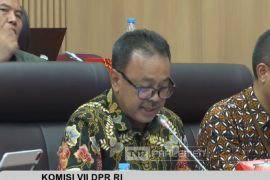"Within the energy transition toward the net-zero emissions by 2060 road map, the entire electricity demand is targeted to be supplied by new and renewable energy with a total capacity of around 700 GW," he added.
Speaking at the Green Economy Forum on Tuesday, he informed that he is aiming to increase the production of electricity from new and renewable sources to up to 21 GW by 2030.
This would align with PLN's Electric Power Provision Effort Plan 2021–2030.
To this end, the government will develop super grid and smart grid infrastructures that are expected to help improve connectivity between islands.
They could also reduce the impact of intermittency and handle divergence between local renewable energy sources and locations with high electricity demand.
The opportunity to develop renewable energy has risen in proportion to the sharp decrease in the cost of developing renewable power plants, he noted.
This sharp decline is in line with the reduction in the price of lithium batteries by up to 97 percent within the past 3 years, he said.
Tasrif's ministry has also initiated the Renewable Energy Based on Industrial Development (REBID) program, which utilizes hydro, solar, geothermal, biomass, and hydrogen power generation to support the green energy industry.
"In addition to the development of green industry in Kalimantan Island, Papua Island also has a very large potential for the development of green industry in the future," he informed.
"This is because Papua has new and renewable energy potential reaching 380 GW, especially from solar and hydro, which can be a capital in REBID development," he explained.
Most of the energy demand in Indonesia is still being met through fossil-based energy, with 42.4 percent of the energy derived from coal and 31.4 percent from crude oil.
However, in the future, the production of national crude oil will not cover national demand, he pointed out.
This is despite the fact that energy consumption has continued to rise, which has made energy security more critical. Thus, the transition to new and renewable energy sources has become necessary, he said.
Related news: Indonesia, Saudi Arabia discuss renewable energy investment
Related news: Indonesia, UK discuss investment for electric battery development
Related news: US provides grants for developing wind power plants in NTB
Translator: Sanya Dinda S, Fadhli Ruhman
Editor: Azis Kurmala
Copyright © ANTARA 2023












